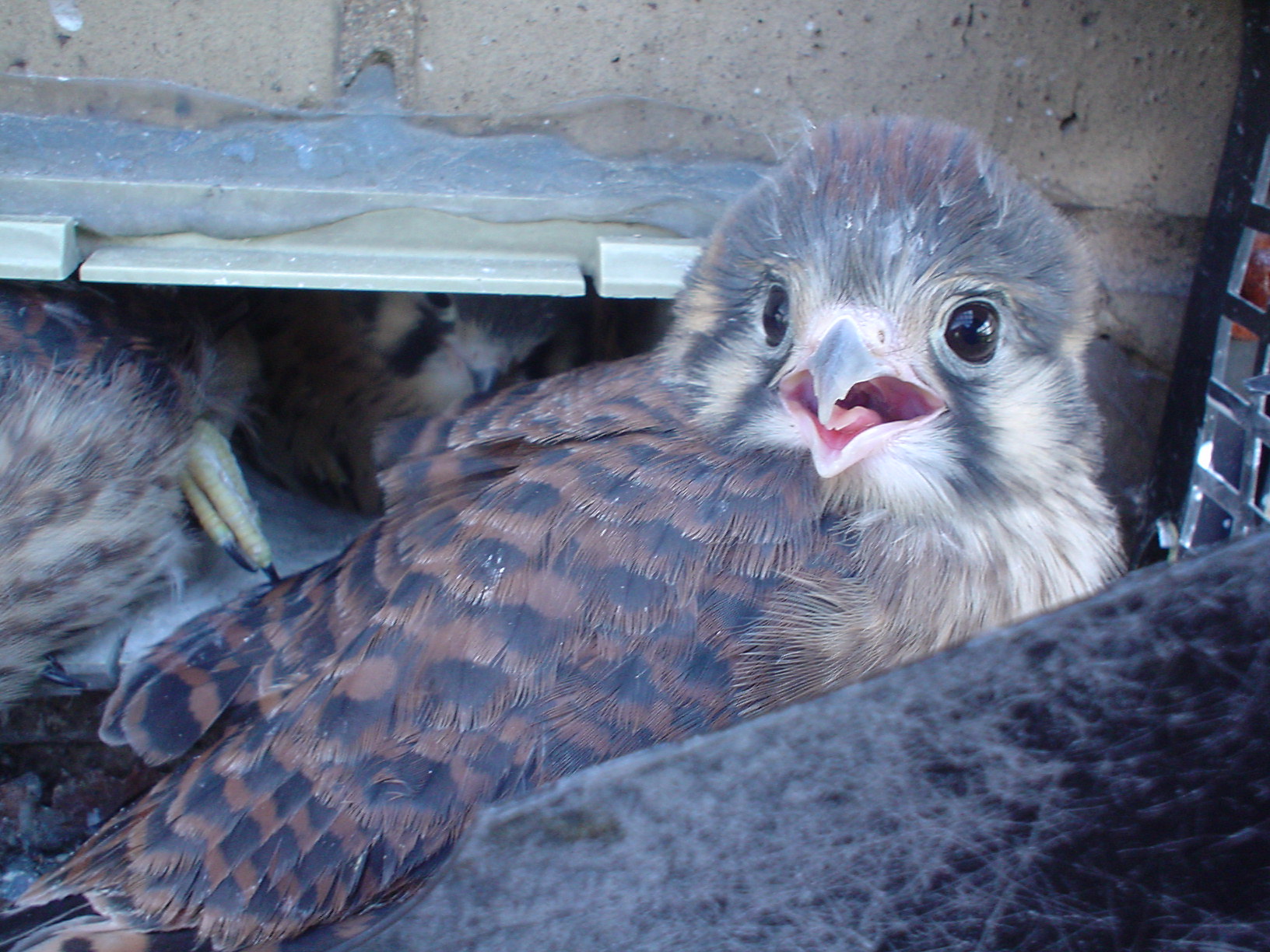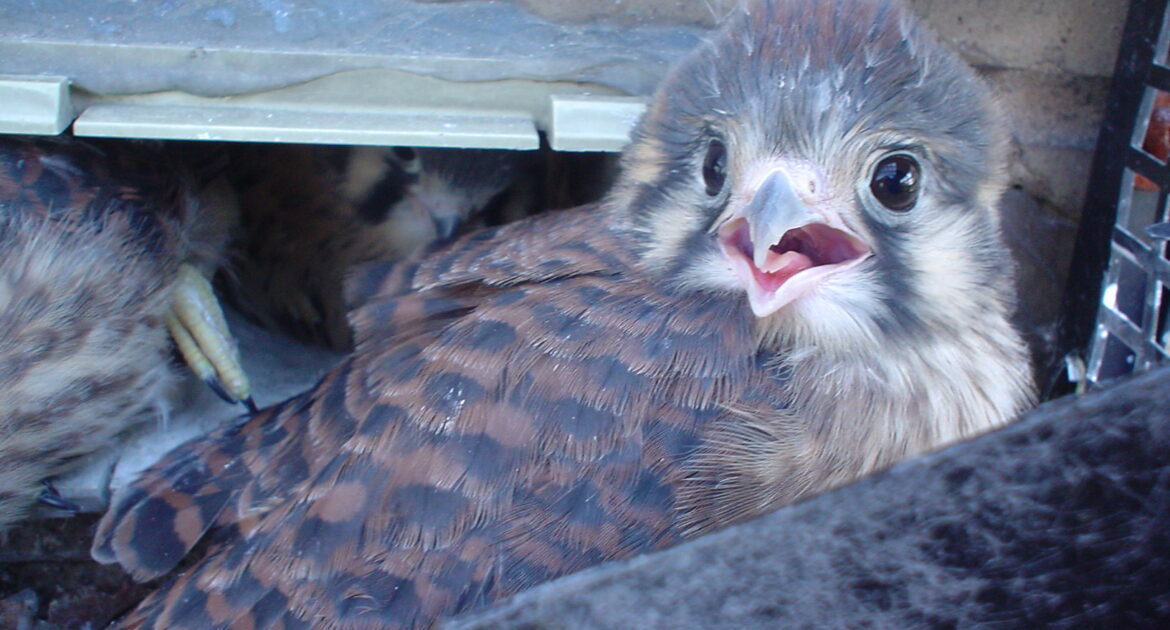Birds are versatile creatures descended from prehistoric reptiles called Archosaurs, but unlike their ancestors, birds do not have teeth. Birds use their beaks to obtain food, defend themselves, build nests and amplify their calls, but their bodies have evolved to survive without teeth. Although birds seem less threatening without sharp teeth, they should not be handled if they make a home on your property. Birds can attack you to defend their nests, and you’re better off calling a professional for bird control in Montreal. At Skedaddle Humane Wildlife Control, we can take care of your bird problem safely and humanely. Here are some valuable facts on birds and how they survive with their toothless beaks.
What Kind of Food Do Birds Eat?
Although different species of birds are fond of particular foods, most birds are omnivores. They can survive off of plants and meat. Some of the food typically consumed by birds includes:
- Insects
- Grains
- Nuts
- Fruit
- Flowers
- Grass
- Rodents
- Snakes
- Food waste
Smaller birds subsist primarily on small insects like grubs, mosquitos and worms and plant seeds, but they also go after leftover food in parking lots and garbage dumps. In warmer months, insects are easy targets, but when they die off after the first freeze, birds rely mostly on plants for survival. Hummingbirds are unique because they depend on nectar for survival and live mostly an herbivore’s life.
Predatory birds like eagles, hawks and falcons enjoy hunting for larger game and obtain sustenance from rats, mice and reptiles. Although they do not have teeth, some predators have a single barb at the end of their beaks, called a tomial tooth, to ensnare their prey when they swoop in for the kill. Birds swallow their food whole, but their efficient digestive systems can easily break down bone, cartilage, and flesh.
How Do Birds Eat and Digest Food?
Some birds have ridges on their beaks to grip their prey, but their gizzards do most of the processing for digestion. Their robust gizzards are capable of crushing clamshells and bones in minutes, and the powerful organ allows the creatures to swallow without chewing.
Birds can consume food waste that would make most humans sick, but some species have a biological advantage in consuming rotten meat and flesh. Vultures do not have beaks as strong as predatory birds, and they rarely kill other animals, but their stomach acid is more corrosive and powerful. Their beaks are just strong enough to tear up rancid meat, and their digestive fluids can destroy deadly bacteria living in dead tissue.
Can Birds Attack You?
Even without teeth, birds can inflict damage with their beaks and claws. Most species are not aggressive towards humans as long as the invaders are not close to their nests. Female birds and sometimes their male companions can attack humans when they fear that the nest is at risk, and they will not cease the attacks until the chicks mature.
When birds nest on your property, they can pick inconvenient spots near your doorways that become a problem when you try to work outside and experience frequent attacks. Removing a troublesome nest is a task for a trained professional who can relocate the nest without harming the birds.
Do Birds Carry Disease?
Wild birds are magnificent creatures, but they can transmit over 60 diseases and carry various ectoparasites that can infect humans. One of the best-known examples of a deadly disease that can be transmitted to humans is the West Nile virus. The virus spreads to humans after a mosquito bites an infected bird and then bites a person.
Removing birds from your home is a complex procedure that requires professional help. At Skedaddle Humane Wildlife Control, we can remove birds from your home without harming a feather. Contact us today for an evaluation.




